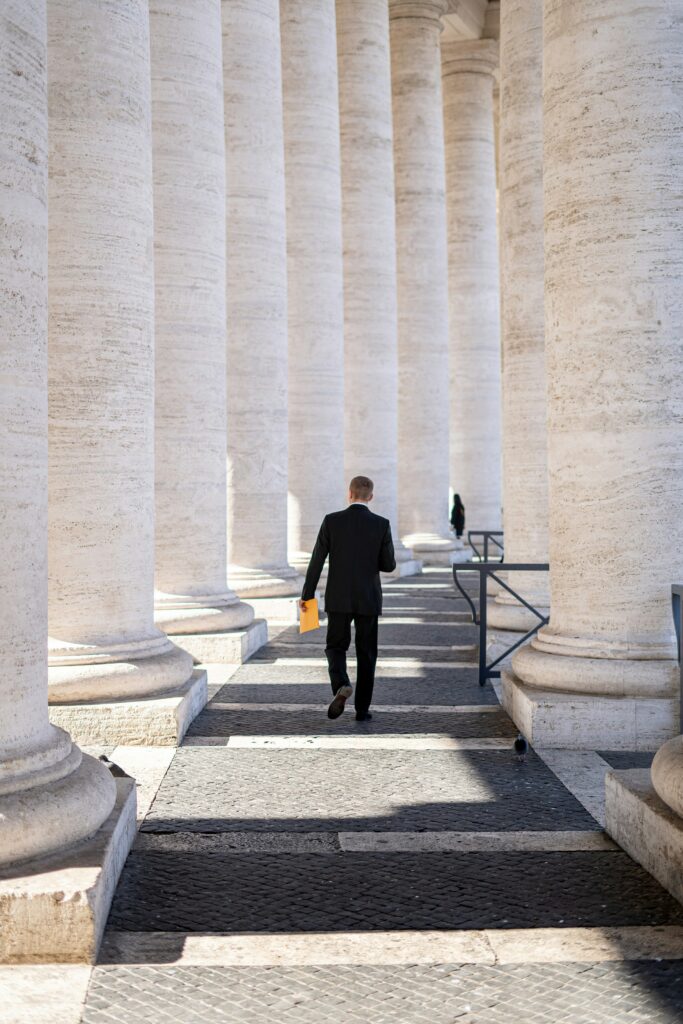Can a whistleblower remain anonymous?
It depends on how the report is made. In the United States, a whistleblower who files a case under the False Claims Act remains anonymous until the case is unsealed, which often takes years. Some cases remain permanently under seal, in which case the whistblower’s identity is never publicly revealed. Whistleblowers who report fraud through informal methods (such as to HR, a legal department, or a hotline) are not guaranteed anonymity. In fact, employees who report fraud through internal channels often are targets for retaliation.
The Importance of Anonymous Reporting
Anonymous reporting of wrongdoing plays a critical role in upholding transparency and accountability and reducing fraud. Anonymity empowers individuals to report unethical or illegal activities without fearing retaliation, thereby safeguarding both whistleblowers and the integrity of the investigation.
Benefits of Anonymous Reporting
1. Protection from Retaliation: Anonymous reporting shields whistleblowers from potential retaliation, such as job loss or harassment.
2. Enhanced Transparency: Individuals who report concerns anonymously often identify problems that may otherwise go unnoticed.
Ensuring Anonymity in Court Filings
Courts employ several strategies to safeguard identities:
– **Sealed Records**: Courts can seal documents containing identifying information to prevent public access.
– **Use of Pseudonyms**: Whistleblowers are sometime able to be identified in court filings by pseudonyms or initials, preserving confidentiality while allowing legal proceedings to proceed.
– **Closed Hearings and Proceedings**: In sensitive cases, courts may limit access to certain parties or conduct closed hearings to prevent identity disclosure.
– **Confidentiality Orders**: Courts issue orders restricting parties from disclosing identifying information outside legal proceedings, ensuring whistleblower protection.
These measures support whistleblowers in participating in legal actions without fear of reprisal, encouraging accountability and transparency.
Real-Life Example: Cheryl Eckard
Cheryl Eckard was a quality assurance manager at GSK who uncovered serious manufacturing deficiencies at the company’s facilities in Puerto Rico. Concerned about the safety of medications produced there, she chose to file a False Claims Act (FCA) lawsuit against GSK in 2004, alleging that the company had knowingly sold defective drugs to the government through Medicaid and other federal healthcare programs.
Eckard’s initial filing was done under seal, keeping her identity confidential as the case proceeded through investigation. The Department of Justice (DOJ) later intervened in the case. The lawsuit alleged that GSK had violated good manufacturing practices, resulting in substandard products being sold to federal programs.
After years of litigation and investigation, the case culminated in a settlement in 2010, with GSK agreeing to pay $750 million to resolve civil and criminal liabilities. This settlement included a substantial whistleblower award for Eckard, who eventually became publicly known as the whistleblower behind the case.
Conclusion
Anonymous reporting of corporate wrongdoing is crucial for individuals committed to ethical standards and accountability. By protecting whistleblowers from retaliation and ensuring their anonymity in legal proceedings, individuals can uncover misconduct, uphold the rule of law, and foster a culture of transparency and integrity.
